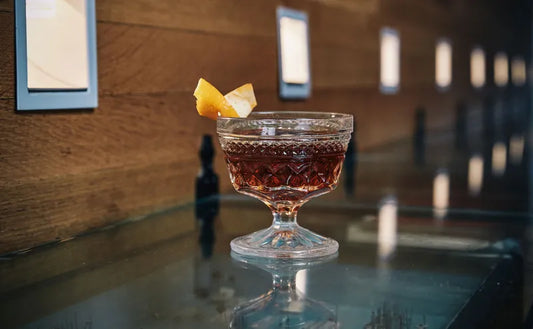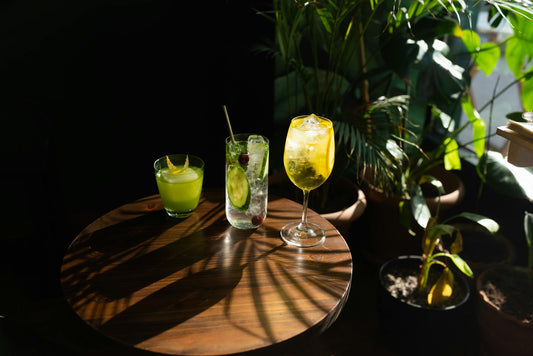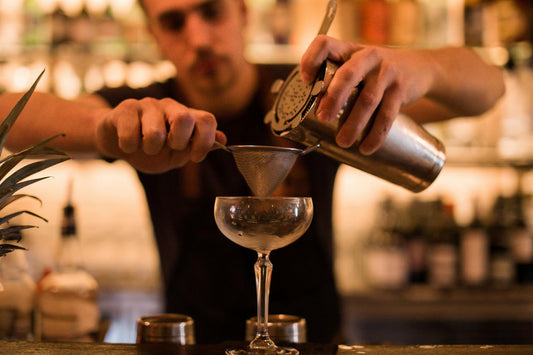Elderflower Daiquiri: A Refreshing Floral Twist on a Classic
SWEET to SOUR
(1-10)
STRENGTH
(1-10)
CALORIES
STANDARD
DRINKS
Note: these values are approximate and may vary dependent on the ingredients and brands you use.
More information...
The Elderflower Daiquiri is a delightful twist on the classic Daiquiri, infusing the traditional rum-based cocktail with the floral notes of elderflower liqueur. This drink is not only visually appealing but also offers a refreshing taste that balances sweetness and acidity, making it a perfect choice for warm weather or any festive occasion.
To craft an Elderflower Daiquiri, you start with a base of light white rum, ideally one that has been charcoal-filtered and aged for a short period, typically between one to four years. This type of rum provides a clean and smooth foundation for the cocktail. The addition of elderflower liqueur, which is known for its delicate floral flavor, elevates the drink, adding a layer of complexity that is both aromatic and refreshing. Freshly squeezed lime juice is essential, as it introduces a zesty brightness that cuts through the sweetness of the elderflower, creating a harmonious balance. For those who prefer a slightly diluted drink, chilled water can be added, although it can be omitted if using wet ice during the shaking process.
The preparation of the Elderflower Daiquiri is straightforward yet requires attention to detail to ensure the best flavor. First, a Coupe glass is selected and pre-chilled to enhance the drinking experience. The cocktail is then prepared by shaking all the ingredients with ice, which not only chills the mixture but also helps to integrate the flavors thoroughly. After shaking, the cocktail is fine strained into the chilled glass, ensuring a smooth texture without any ice shards. A garnish of a lime wedge or an elderflower sprig adds a touch of elegance and visual appeal, especially when elderflowers are in season.
With an alcohol strength rated at 7 out of 10, the Elderflower Daiquiri is potent yet approachable, making it suitable for both seasoned cocktail enthusiasts and those new to the world of mixed drinks. The taste profile leans towards the sweeter side, rated at 7 out of 10, which is characteristic of elderflower liqueur. This sweetness is balanced by the tartness of the lime juice, creating a delightful interplay of flavors that dance on the palate.
Nutritionally, the Elderflower Daiquiri contains approximately 150 calories per serving, which is relatively moderate for a cocktail. It also contains about 1.8 standard drinks worth of alcohol, with an alcohol content of 19.47% by volume. This makes it a drink that can be enjoyed without overwhelming the senses, allowing for a leisurely sipping experience.
The Elderflower Daiquiri is not just a drink; it’s an experience. The floral aroma, the refreshing taste, and the beautiful presentation make it a favorite among cocktail lovers. It’s perfect for summer gatherings, garden parties, or simply as a treat for oneself after a long day. The combination of rum and elderflower liqueur is reminiscent of sunlit afternoons and blooming gardens, making each sip a celebration of nature’s bounty. Whether you’re enjoying it on a sunny patio or at a chic cocktail bar, the Elderflower Daiquiri is sure to impress and delight.



